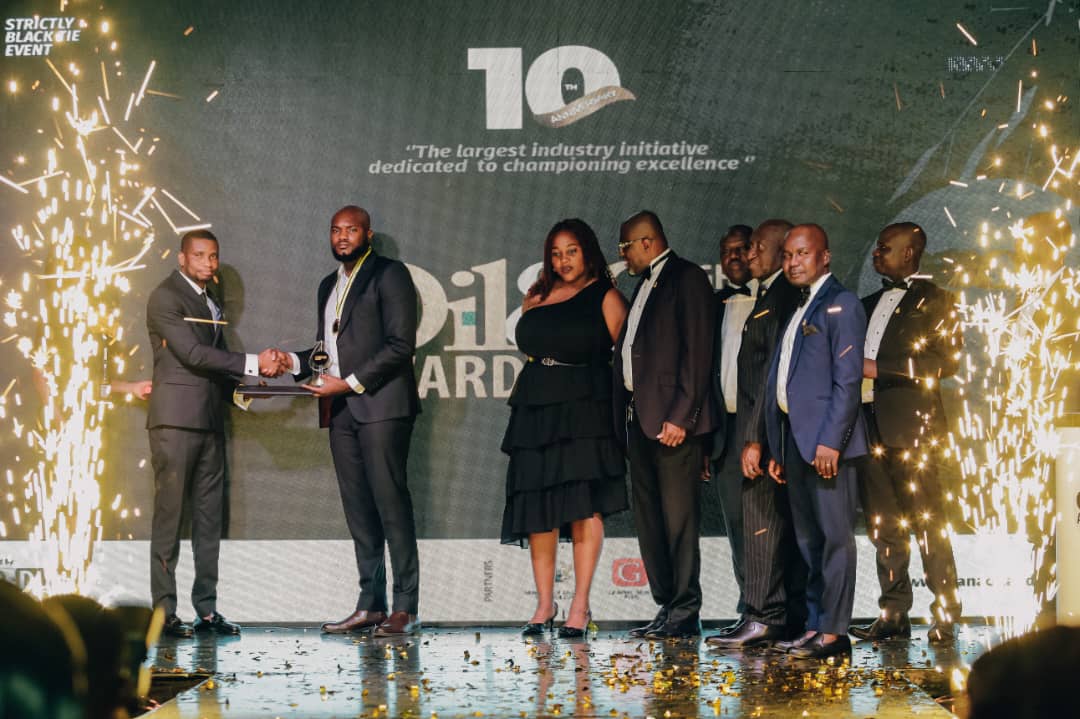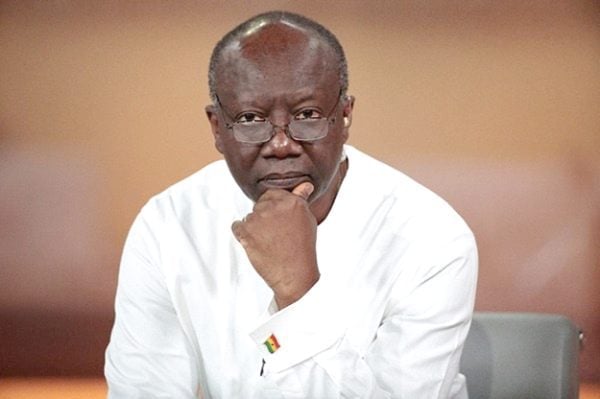
The Chiefs and people of coastal districts in the Western Region have welcomed the entry of Springfield Exploration and Production Company, the first wholly owned Ghanaian oil and gas company to venture into the upstream sector of the industry since its inception.
Speaking at a community sensitisation tour of the six coastal districts – Ellembelle, Jomoro, Ahanta West, Nzema East, Shama, Sekondi—Takoradi-before the commencement of seismic survey, Nana Kwesi Agyeman IX, the Paramount Chief of Lower Dixcove Traditional Area, noted that since the inception of the oil exploratory activities the upstream had remained the preserve of foreign companies.
“It’s been our prayer that Ghanaians will emerge and be dotted along all the value chain to ensure that the country makes strong representation on a large scale,’ he added.
He described the partnership between Explorco – a subsidiary of Ghana National Petroleum Corporation (GNPC), and Springfield as strategic and good news for the country.
Nana Agyeman observed that the exploitation and exploration of natural resources such as gold, oil and gas, manganese, diamond and other precious minerals in nations had given rise to accompanying conflict as well.
The situation, Nana said, could largely be attributed to disrespect for people in resource rich areas and non-involvement of local communities who, in particular, bore the brunt of these conflicts.
Nana Agyeman said studies had shown that large parts of the natural resources located under or on their traditional territories created a lot of realistic and unrealistic expectations among all stakeholders along the value chain, which must be managed.
Though this natural resource exploitation could provide opportunities for communities for growth, “the lack of proper engagement between communities and exploration and production companies mostly mar the benefits.”
With such challenges in mind, Springfield and Explorco’s mission was not only to become the first wholly owned Ghanaian company, but ensure that before emerging as active players in the sector, stakeholders featured prominently on their agenda.
The geological process
The process involves the sensitisation of fisherman and other players within the maritime domain prior to Springfield’s geological process of seismic data collection for interpretation.
The survey plays a critical role in oil and gas and any exploratory activity to ensure availability in terms of quantity and quality to declare commerciality for production.
As demanded globally, the process begins with the acquisition of social licence to ensure that the host communities fully appreciate the dynamics and implications to their own vocation.
The Communications and Public Affairs Manager of Springfield, Mr Kennedy Noonoo, hinted that the process had been slated for April 10, 2017 to the first week of May, 2017.
He said the partners understood the need to inform the communities about the movement of the vessels and the fact that fishermen in the coastal communities as co-users of the maritime domain of the country could co-exist without disrupting the activities of each other.
As a company that pays serious attention to safety, he said, the 500m-safety zone rule to be observed by fishermen was not to be seen as a denial of their rights but rather as an attempt to avoid mishap offshore.
“Therefore it is important to work with chief fishermen, assemblies, traditional authorities among others in our bid to create informed stakeholders and spread the information to the wider fishing communities,” he said.
Speculation
Fishing and oil and gas activities over the years have co-existed – “I can assure you that our survey will in no way prevent our gallant fishermen from going to fish because we are carrying out survey,” he said.
“We will make available to the host communities and fishermen our movement and locations offshore to ensure that we do not create preventable problem for each other within this short period of survey by having Community Liaison Officers drawn from the host communities,” he said.
The forum
The Petroleum Commission’s Community Relations Manager, Ms Judith Adjobah Blay, explained the process to the participants and said it was in line with the Commission's Community Relations and Social Investment Policy (CORSIP).
CORSIP, she said, required Springfield and its partners through the engagement, to demonstrate their commitment towards nurturing good relationships with communities in which they operate.
She said the current engagement was for the purposes of the seismic, and that there would be another survey after the current campaign, working through the Community Liaison Officers.
“At the end of the seismic if they discover oil, they submit to the commission plan of development (POD) indicating their work programme, which would indicate the kind of engagement to be expected,” she said.
She explained to the participants that the rule for Ghanaian companies would not be different from that of foreigners as the rules of engagement at all levels are the same and have to meet the global standard and comply with the laws of Ghana.
She noted that with the task and volume of investment involved, Springfield met the requirements and therefore secured permits from the EPA and the Petroleum Commission for implementation of the seismic acquisition programme.
Communities & districts
At the forum throughout the six costal districts, the participants subjected the partners and regulators to a barrage of incisive questions from exploration, environmental, employment, fisheries impact assessment to their operations and mitigation measures.
They also expressed their reservations about how expectations were dashed, impacts of large investment projects in the oil and gas sector as they affected their livelihoods, immediate environment and the cultural norms of the people.
PGS Ghana
For her part, the Country Manager of PGS Ghana, Mrs. Adwoa Ohene Asienim, said as part of its commitment to due process, they assist the contractor to carry out stakeholder engagement.
The essence of the engagement is to sensitise all stakeholders to their operations and the expected impact during the period, promote cordial relationship and to educate them about the operations.
She said the fishermen would stay away from the area of activity and that “We do not expect any incident as we had done a comprehensive engagement with the hosts communities and I can say that for now the companies are aware of our vessels and how we operate.”
The vessel & block
Springfield and its partners will implement its seismic campaign by employing the services of PGS’ 3D Geostreamer Vessel Ramform Titan, more dedicated, technology-driven marine geophysical company, which provides a broad range of seismic, electromagnetic and reservoir services, including acquisition, imaging, interpretation and field evaluation.
The vessel, Ramform Titan is currently the world's largest seismic vessel equipped with dual-sensor, broadband GeoStreamer technology enabling efficient deep-towed operations, fully exploiting the available weather window and producing better data quality in all conditions and locations.
The offshore, West Cape Three Points Block Two in the Tano Basin, covers 673 square kilometres and approximately 30 kilometres south of the country.
The company
The company was incorporated in 2008 to secure private Ghanaian involvement in upstream exploration and production opportunities primarily in Ghana and the West Africa Region.
Springfield E & P Ltd is Operator of the West Cape Three Points Block 2, Offshore Ghana, having secured the block from the Government of Ghana. The takeover of the block was ratified in March 2016. It is the majority interest holder of the block.
The Chiefs and people of coastal districts in the Western Region have welcomed the entry of Springfield Exploration and Production Company, the first wholly owned Ghanaian oil and gas company to venture into the upstream sector of the industry since its inception.
Read Full Story
























Facebook
Twitter
Pinterest
Instagram
Google+
YouTube
LinkedIn
RSS